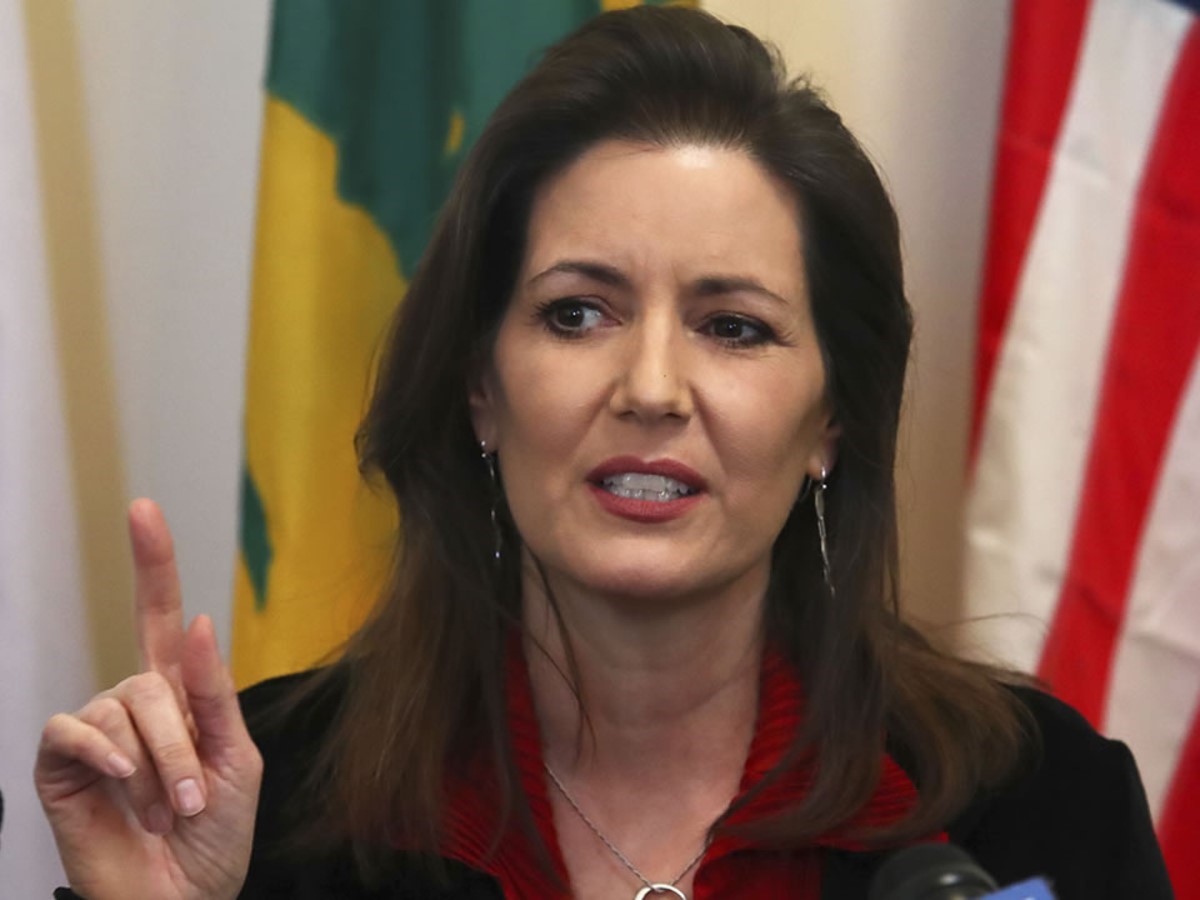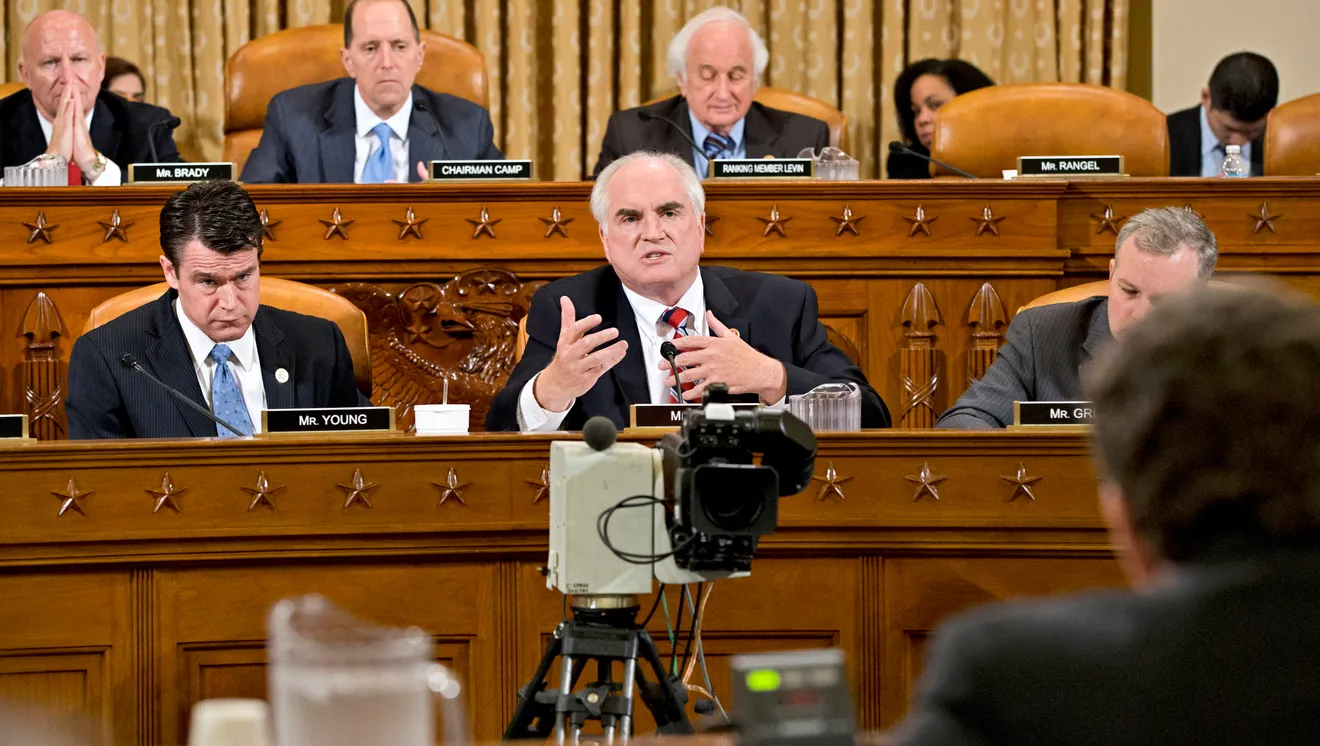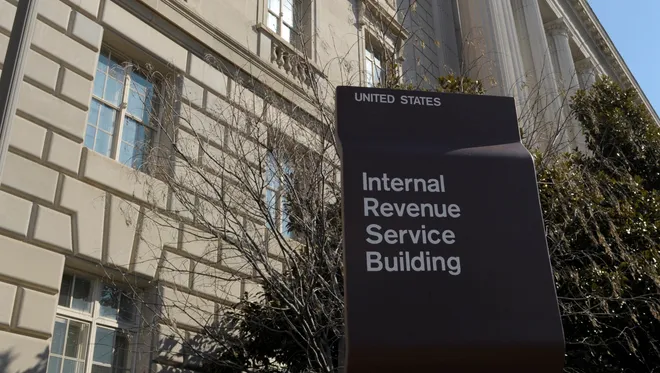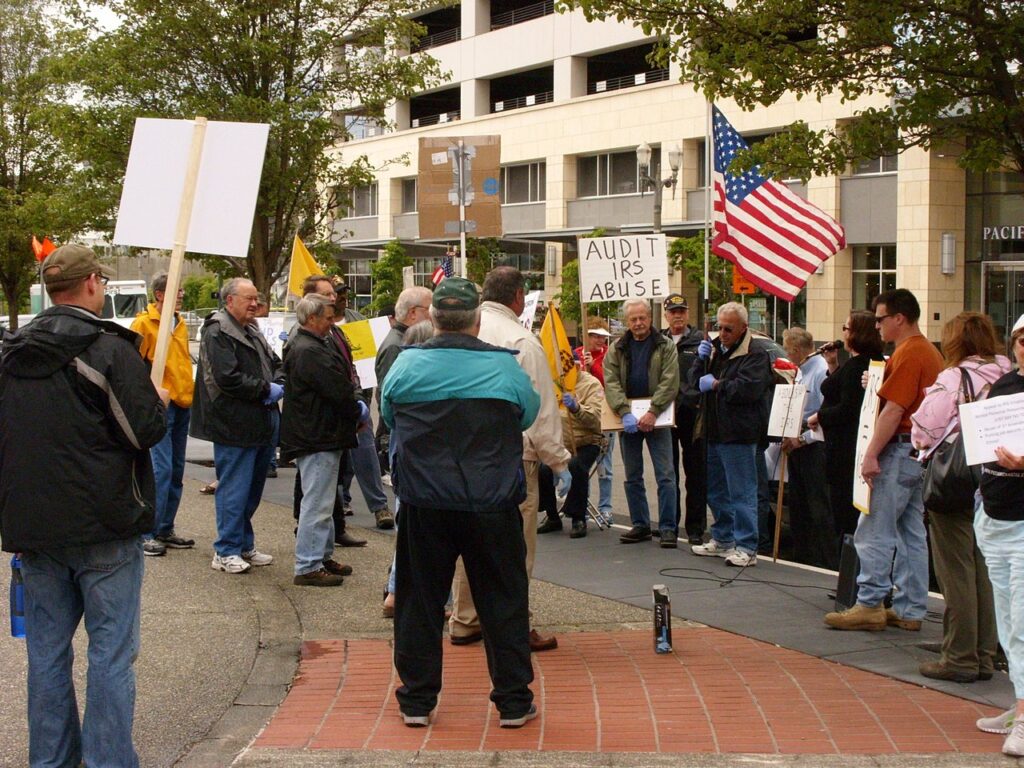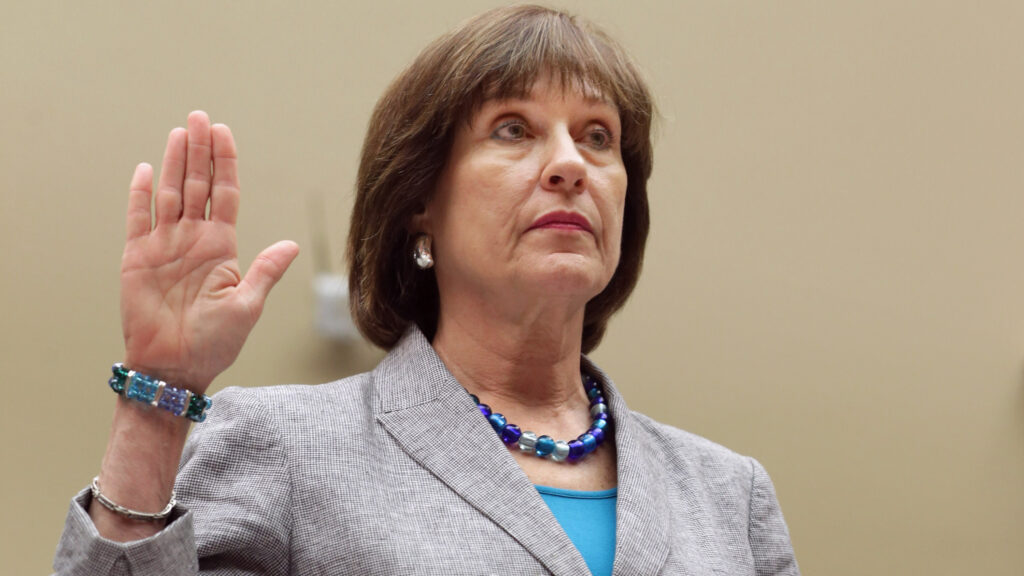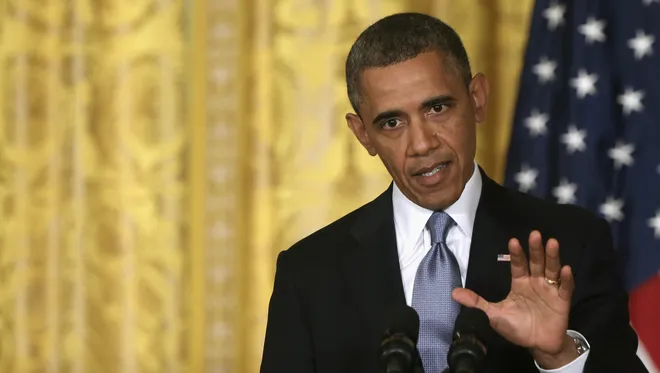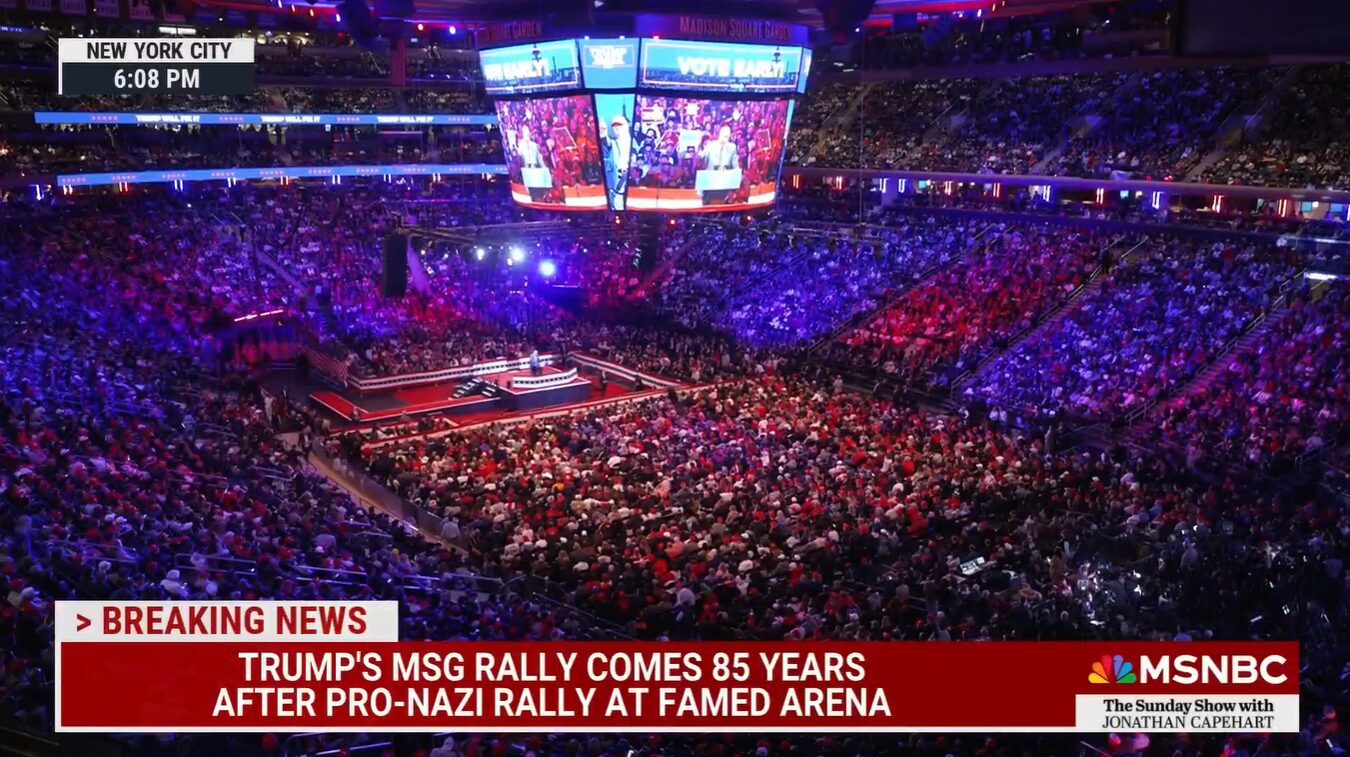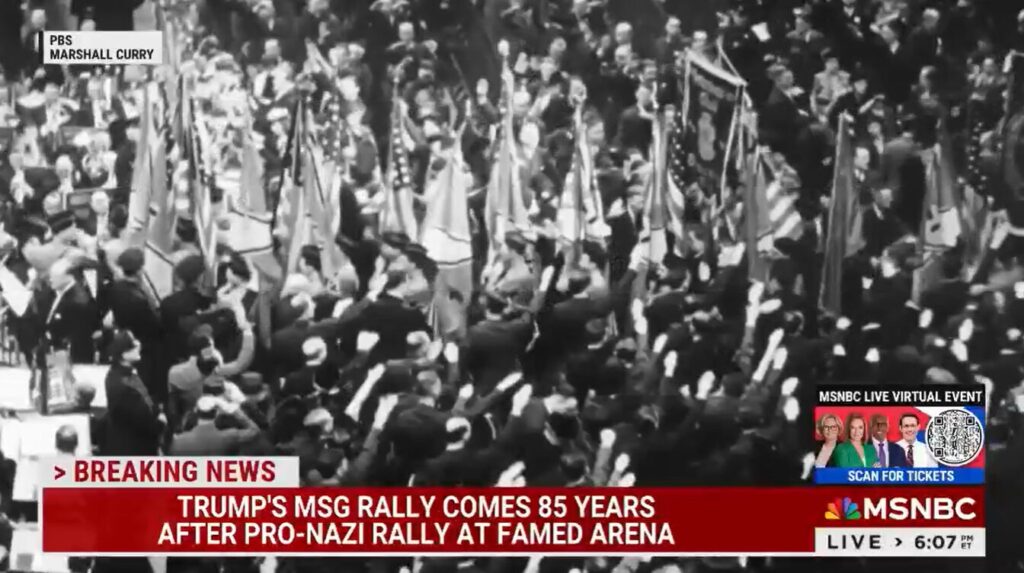In February 2018, Oakland Mayor Libby Schaaf drew national attention and widespread debate after publicly warning her community about an impending U.S. Immigration and Customs Enforcement (ICE) operation. Her announcement, made in her interest of protecting illegal immigrant families, was hailed by some as a bold act of advocacy and condemned by others, including federal officials and Republican lawmakers, as an interference in federal immigration enforcement. This article unpacks the events surrounding Schaaf’s warning, the resulting political fallout, and the broader legal and ethical questions it raised.
The Warning: A Message to Oakland’s Immigrant Community
On February 24, 2018, Mayor Schaaf issued a public statement warning the Oakland community of an imminent ICE operation targeting undocumented immigrants. She explained that she had received credible information from “multiple sources” about the raid, which was expected to occur within 24 hours. Schaaf’s warning came in the form of a press release and social media posts, urging residents to seek legal advice and know their rights.
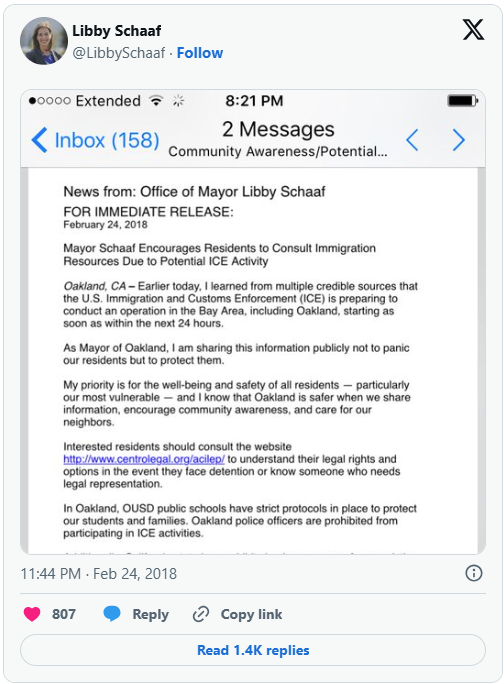
Schaaf’s statement emphasized her belief in protecting vulnerable communities, stating:
“It is my duty and moral obligation as Mayor to give those families fair warning when that threat appears imminent.”
The mayor also clarified that her warning was not an outright call for defiance but rather an effort to inform residents so they could prepare appropriately. Schaaf encouraged people to access legal resources and exercise their constitutional rights.
ICE’s Response and Operation Outcomes
The ICE operation Schaaf warned about, referred to as Operation Keep Safe, focused on apprehending undocumented immigrants with criminal convictions or other outstanding deportation orders. ICE later confirmed that the operation targeted more than 1,000 individuals in Northern California. However, following Schaaf’s public warning, ICE was only able to detain 232 individuals.
ICE Acting Director Thomas Homan criticized Schaaf’s actions, claiming they jeopardized the operation and endangered the safety of law enforcement officers. ICE also stated that warning the public about such operations undermines their efforts to enforce federal immigration laws and remove individuals who pose a risk to public safety.
Is Warning About ICE Raids Illegal?
The legality of Schaaf’s actions became a central question in the controversy. According to federal law, while it is not illegal to warn individuals about an impending law enforcement operation, actively interfering with or obstructing such operations can be a crime. ICE emphasized this distinction in a public statement, asserting that misinformation and interference could endanger officers, the community, and even the individuals targeted by the operations.
Critics of Schaaf’s warning argued that by sharing details about the operation, she crossed the line from providing information to potentially obstructing federal enforcement efforts. However, Schaaf maintained that her actions were within her legal rights and aimed solely at protecting her community.
Republican Backlash and the ‘Mayor Libby Schaaf Act’
Schaaf’s warning provoked a swift response from Republican lawmakers. Representative Steve King introduced the “Mayor Libby Schaaf Act of 2018,” a bill that sought to penalize elected officials who deliberately hinder federal immigration enforcement operations.
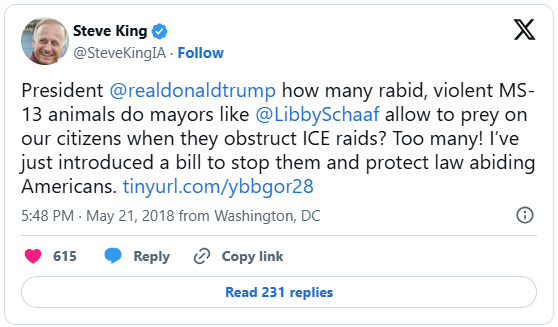
The proposed legislation would impose fines of up to $5,000 and potential imprisonment for officials who “prevent or attempt to prevent the apprehension” of individuals by ICE. King argued that Schaaf’s actions endangered public safety and set a dangerous precedent for local officials prioritizing political ideology over federal law.
While the bill garnered support from immigration hardliners, it faced criticism from Democrats and immigrant advocacy groups, who saw it as an attempt to intimidate local leaders from protecting immigrant communities.
President Trump’s Reaction
Then-President Donald Trump was among Schaaf’s most vocal critics, condemning her actions as a “disgrace” during a meeting at the White House. Trump claimed that Schaaf’s warning allowed hundreds of criminals to evade capture, stating:
“What the mayor of Oakland did the other day was a disgrace. They had close to 1,000 people ready to be gotten, ready to be taken off the streets … many of them, they say 85 percent of them are criminals and had criminal records. And the mayor of Oakland went out and warned them all, scattered, so instead of taking in a thousand they took in a fraction of that.”
Trump’s remarks highlighted a recurring clash between his administration’s aggressive immigration enforcement policies and local leaders in sanctuary cities who resisted federal efforts to detain and deport undocumented immigrants.
Schaaf’s Defense: A Stand for Oakland’s Values
In her official statement following the ICE operation, Schaaf defended her actions, reiterating that she believed it was her moral responsibility to warn her community. She also pushed back against accusations that she interfered with federal enforcement, asserting that she shared general information without compromising operational specifics.
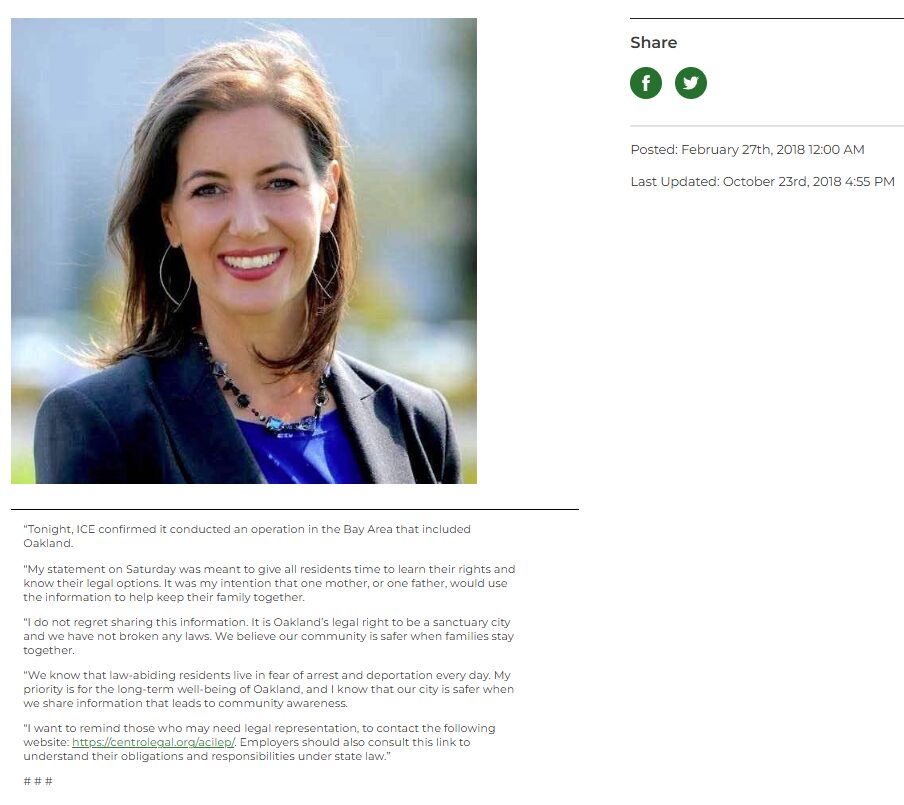
Schaaf stated:
“I do not regret sharing this information. It is Oakland’s legal right to be a sanctuary city, and we have not broken any laws. We believe our community is safer when families stay together.”
The mayor framed her decision as consistent with Oakland’s status as a sanctuary city, where local authorities limit cooperation with federal immigration enforcement to protect undocumented residents.
Broader Implications and the Sanctuary City Debate
The controversy surrounding Schaaf’s warning reignited a broader debate over sanctuary city policies and the role of local governments in immigration enforcement. Sanctuary cities argue that fostering trust between immigrant communities and local law enforcement is essential for public safety, as it encourages undocumented residents to report crimes and cooperate with investigations without fear of deportation.
However, opponents contend that such policies shield individuals with criminal records from accountability and undermine federal law. Schaaf’s warning became a flashpoint in this national debate, symbolizing the deep divisions over immigration policy and enforcement under the Trump administration.
Mayor Libby Schaaf’s 2018 warning about an impending ICE raid remains one of the most contentious moments in the ongoing conflict between federal immigration authorities and local governments in sanctuary cities. While supporters praised her for standing up for vulnerable communities, critics accused her of jeopardizing public safety and interfering with federal law enforcement.
The legal and political fallout from Schaaf’s actions continues to reverberate, with ongoing debates about the balance between local autonomy and federal authority, the ethical responsibilities of elected officials, and the broader impact of immigration policies on communities across the United States.

